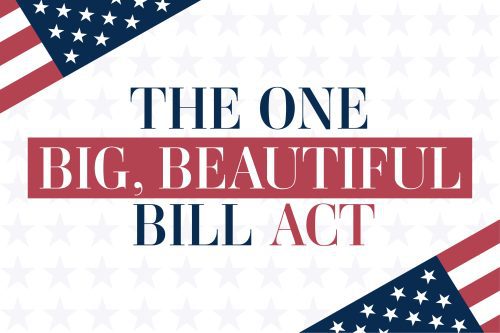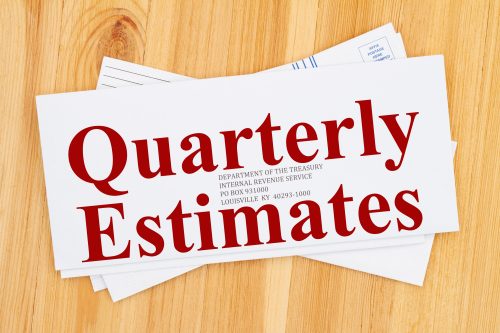As the April 15 tax deadline approaches, many taxpayers scramble to finalize their filings and make necessary payments. However, not all contributions must be made by that date—at least not if you file a tax extension.
Here’s a look at some key contributions that are technically due by April 15 but can still be made by the extended deadline, giving you extra time to maximize your benefits.
Traditional and Roth IRA Contributions
You can contribute to an Individual Retirement Account (IRA) for the prior tax year right up until the tax filing deadline—April 15. But if you file for an extension, the IRS does not extend the deadline for making IRA contributions. You still need to make these contributions by April 15 to count for the previous tax year.
Pro tip: Make sure you indicate the tax year you are making the contribution for. Don’t assume the brokerage firm knows which year. You may need to file an amended return if the incorrect year is assumed by the brokerage firm.
Health Savings Account (HSA) Contributions
Similar to IRAs, contributions to a Health Savings Account can be made up to the filing deadline. Filing for a tax extension does not extend the deadline to contribute to a Health Savings Account, so all contributions intended to reduce your taxable income for the prior year must be made by April 15.
Pro tip: HSA accounts are the only accounts currently in the tax law that allow for a current tax deduction, tax deferred growth, and tax-free withdrawals if done so for qualified medical expenses. You must be covered by a high-deductible health insurance plan to participate, so unfortunately, they are not for everyone. More to come in a future blog post.
SEP IRA Contributions
Self-employed individuals and small business owners benefit from one of the most flexible deadlines: SEP IRA contributions can be made until the extended tax filing deadline if an extension is filed. This makes SEP IRAs an appealing option for those looking to make last-minute decisions on retirement contributions.
Pro tip: SEP IRA plans are the easiest plans to administer, requiring no annual filing documents with the IRS.
Solo 401(k) Contributions
Employer contributions to a Solo 401(k) also follow the extended deadline rule. If you established the plan by December 31 of the prior year, you can contribute as the “employer” portion up until the extended filing deadline, provided you file for an extension.
Pro tip: Given the choice of a SEP plan or a Solo 401k plan – all things being equal (which they sometimes are not), the solo 401k plan allows more flexibility in how much of a contribution you can make and may allow for a larger contribution than a SEP. More to come on this in a future blog post.
Don’t Confuse Filing with Payment Deadlines
It’s important to note that filing for an extension does not extend the time to pay any taxes owed. You still must estimate and pay your tax liability by April 15 to avoid interest and penalties.
Final Thoughts
If you need more time to file your taxes, submitting a Form 4868 gives you until October 15. This extension can be a strategic move to evaluate retirement and HSA contributions more carefully—especially for self-employed individuals and small business owners.
Just be sure to understand which deadlines apply to you—and plan accordingly.
















